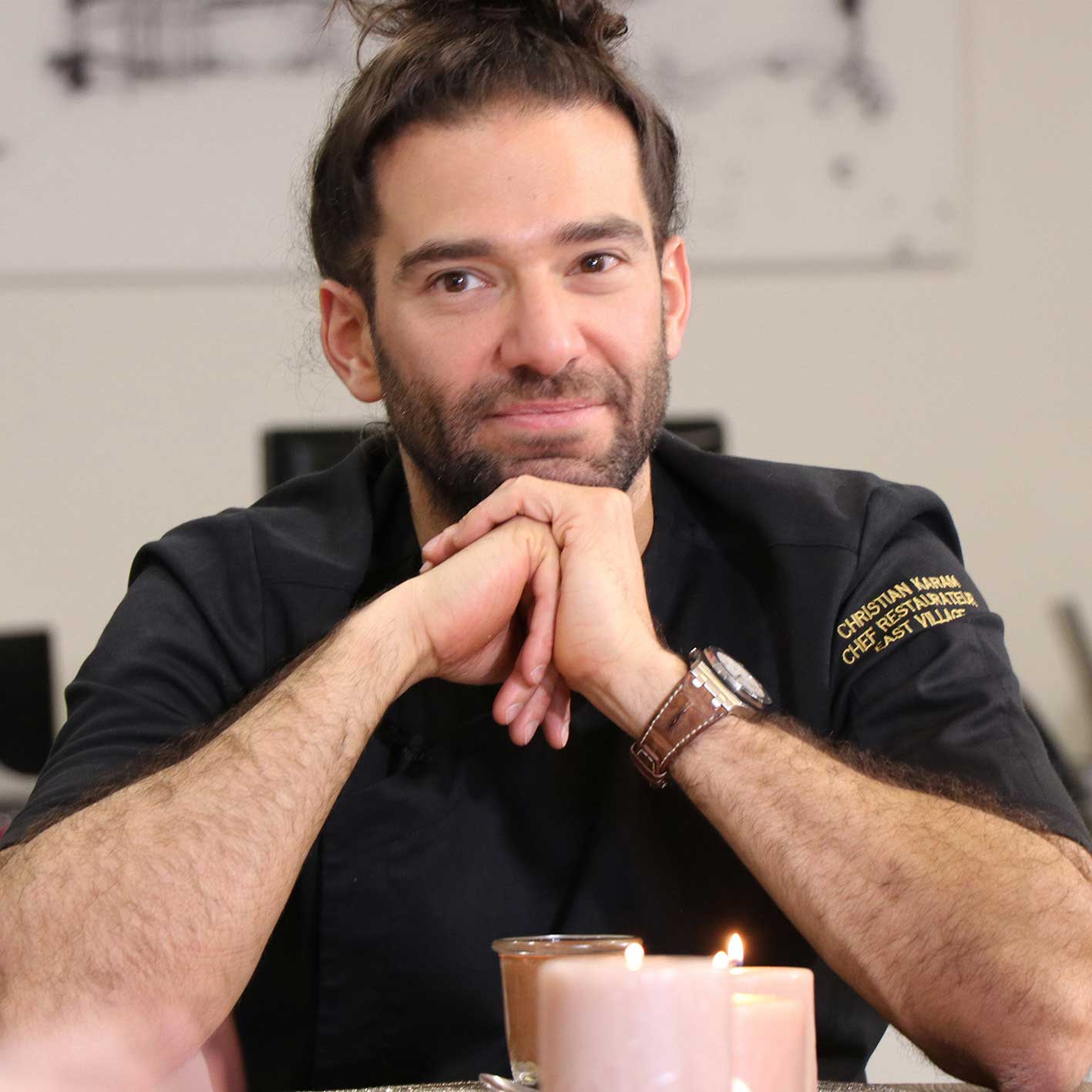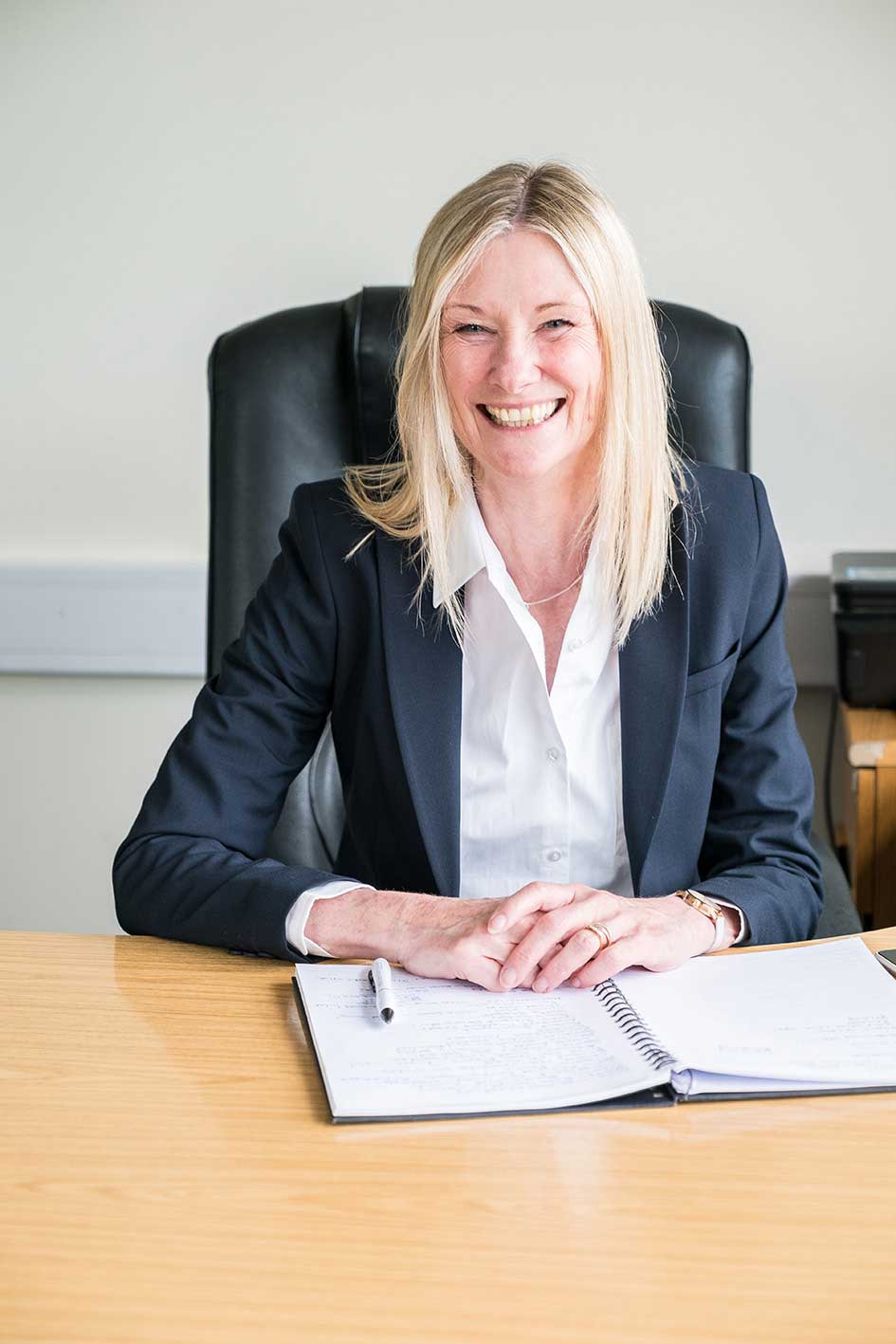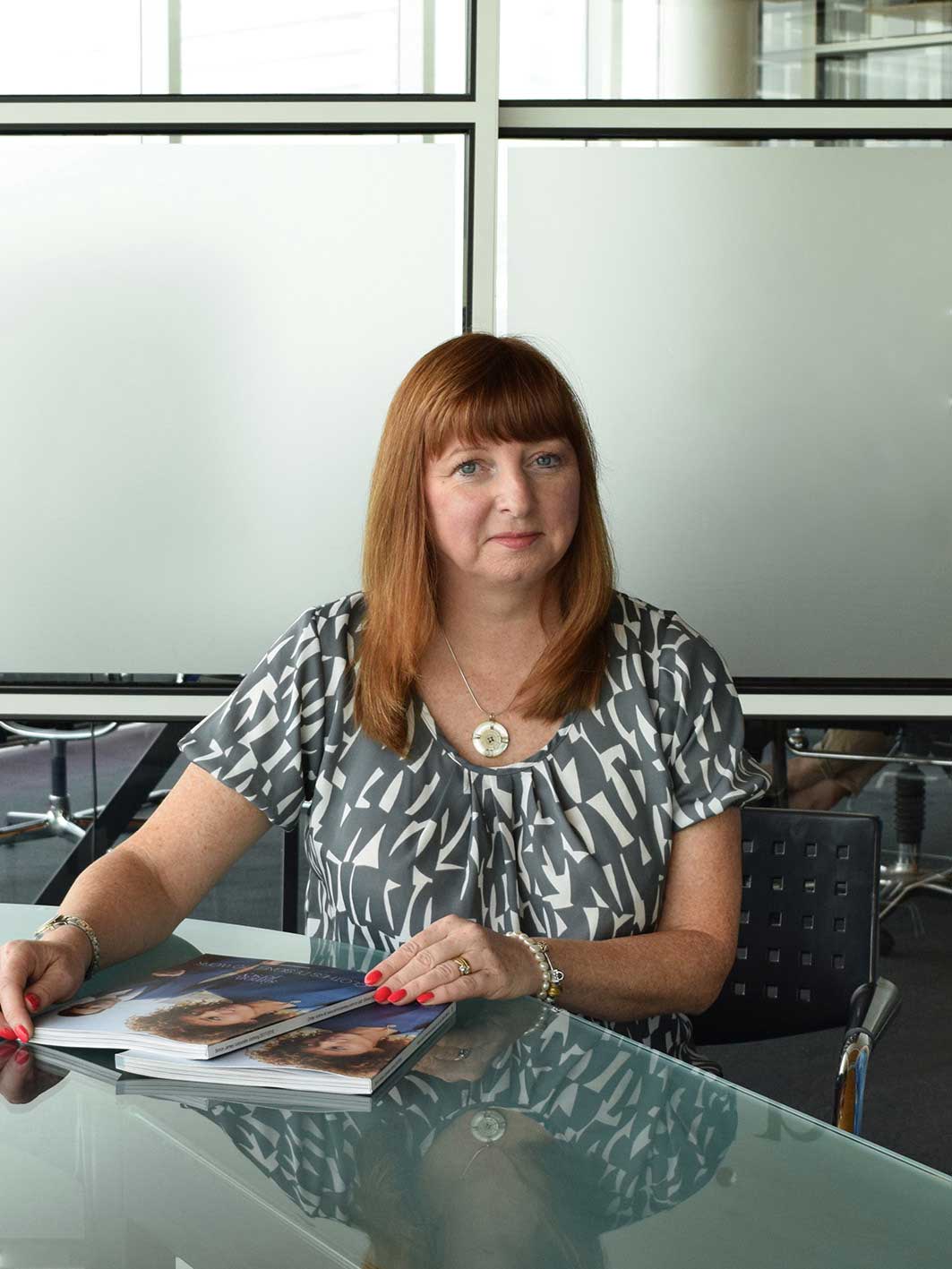In an age where uniforms are playing an increasingly bigger role throughout the F&B industry, innovation, design and quality are all to the fore
It’s a fact that work uniforms, especially those worn by kitchen staff, take a battering on a daily basis, bearing the brunt of a raft of challenges, from the hot, fast-paced environment to the prepping and cooking of ingredients. On top of that, more recent trends, such as the rising popularity of open kitchens and social media, have sharpened the focus on presentation, adding an extra dimension to the industry’s clothing requirements.
Fabrics for the future
With professionals making increasingly higher demands for uniforms that enable them to work to the best of their ability in a pressured environment, new innovations and technological advancements are helping producers to raise the bar with their offerings. Christian Karam, local chef and restaurateur, said that he purposefully chose the uniform he wears today because it offers the ideal combination of comfort and durability. “I like the way different fabrics were used to make it that really work well with what I do,” he said.
“The texture of the material on the front – the part that has to withstand more action and gets dirtier – is extremely tough. But then the sleeves and back are perforated, which enables me to breathe.” Manufacturers have been able to take advantage of improvements in fabric technologies, particularly those that are man-made, delivering positive results for both staff wearing today’s uniforms and the bottom line, according to Jane Campbell, managing director of PCL Corporatewear. “Gone is the need for harsh fabrics requiring dry cleaning to ensure durability,” she said. “In are the finer materials, with stretch, breathability, extreme durability which will withstand higher washing temperatures and have an overall longer lifespan.” George Al Kache, operation manager at Uniqform, also believes that operators are keen to source kitchen uniforms that have been designed, through innovation, to withstand the challenges of the workplace, saying, “Lately we’ve been using waterrepellent and soil-resistant jackets.”
Going green
Other trends reflect moves under way among many businesses to put concerns for the environment at the core of their operations, as Helen Harker, design manager at Simon Jersey, explained. “Our newest innovation is the introduction of recycled and sustainable fabrics,” she said. “In 2020 we will introduce a range of black aprons which are made from recycled polyester and shortly after, a sustainable hemp range.” PCL Corporatewear has also witnessed demand for garments made from recycled plastics, along with materials that were ethically sourced, according to Campbell.
On show
Image has never been more important for F&B outlets, especially in today’s world of heightened visibility, and the vast majority appear to be keenly aware of the part that uniforms play in relaying and reinforcing their brand, whatever the scale of their operations, according to Al Kache. “Even small restaurants with small budgets consider the uniform as part of their image and the marketing strategy of their restaurant,” he said. Campbell has also witnessed a drive underway amongst smaller-scale outlets to ensure their brand is both visible and recognizable. In addition to standard personalizations, such as embroidery, print and labeling, the firm is now modifying stock garments in ways that are logistically better for smaller companies, such as by adding colored and textured trims or changing buttons. The emergence of open kitchens and their rising popularity has sharpened the focus on kitchen staff, with much more thought today being given to their presentation and appearance. “We have seen with the trend for open kitchens that eateries are purchasing more branded t-shirts and polo shirts to wear with an apron,” Harker said. Aside from being more visible to diners in restaurants, chefs like Karam have also found online appearances influencing their choice of uniforms. “I almost always wear black, but when I’m doing pastry and dessert demonstrations on YouTube, I always put on a white uniform; it somehow feels right,” he said. “There’s no doubt that the principle of being visible online makes me think more carefully about my appearance.”
Tradition reigns
Looking ahead, industry experts are reasonably confident that chefs’ uniforms will remain fairly orthodox in the foreseeable future, having moved away from previously favored bright colors and patterns. “Chefs’ wear seems to have reverted back to the more traditional colours of black and white,” Harker said. “The mandarin collar and classic shirts in black never go out of fashion in hospitality, they are a staple and always look good on all shapes and sizes.” With front-facing staff, the trend also appears to be for more understated styles in pastels and gray, often to align with or enhance the interiors and broader décor. “For waiting staff, we have seen a trend towards plain, simple styles that are well designed and practical for the job role,” Harker said. “ An example is our canvas aprons which have been a big hit in hospitality.” Al Kache added that while bibs, aprons, pouches and hats were all popular requests for uniforms, less often seems to be more today. “Something we’ve witnessed lately is that people are looking for simplicity,” he noted, “less branding and a more casual look, with high-end finishing.”
Green and hip: two on trend looks from Bragard
Amongst the exciting new collections for 2020 from Bragard, the French provider of professional uniforms for hospitality and food services, are two that reflect key themes evident across the broader industry and beyond. The firm’s Green Label has caring for the environment at its heart, while the ultra-hip Studio B enables the new wave of kitchen professionals to look stylish and edgy in the workplace.
Fabien Firetto, Bragard’s Middle East Director, explained that creating the Green Label collection had dovetailed perfectly with the company’s vision of engaging in sustainable and green processes, while also meeting similar demands from its clients, many of whom share Bragard’s outlook. “This brand-new collection confirms our commitment to offering eco-friendly apparel for customers who feel the same as we do about the future of our planet,” he said. “It features items such as chef jackets and aprons that have been made from a recycled material created using plastic bottles. This innovative polyester product is then blended with organic cotton to make a truly unique synthetic fabric, which gives professionals everything they’re looking for in workwear, while thinking about the environment.” He added that the cotton used comes from plants grown in natural compost, which consumes less water than its conventional counterparts. “The entire uniform is then packed and presented in a fabric bag to ensure it’s entirely plastic-free,” Firetto added. The Studio B collection is another new concept from Bragard, which is inspired by and aimed at contemporary chefs who want their workwear to reflect their lifestyle. The brand has a distinctly stylish feel to it, bringing a fashionable dimension and a touch of audaciousness to workwear. “More broadly, we have moved toward offering silhouettes, providing a complete look for clients, rather than piecemeal products,” Firetto said.



















